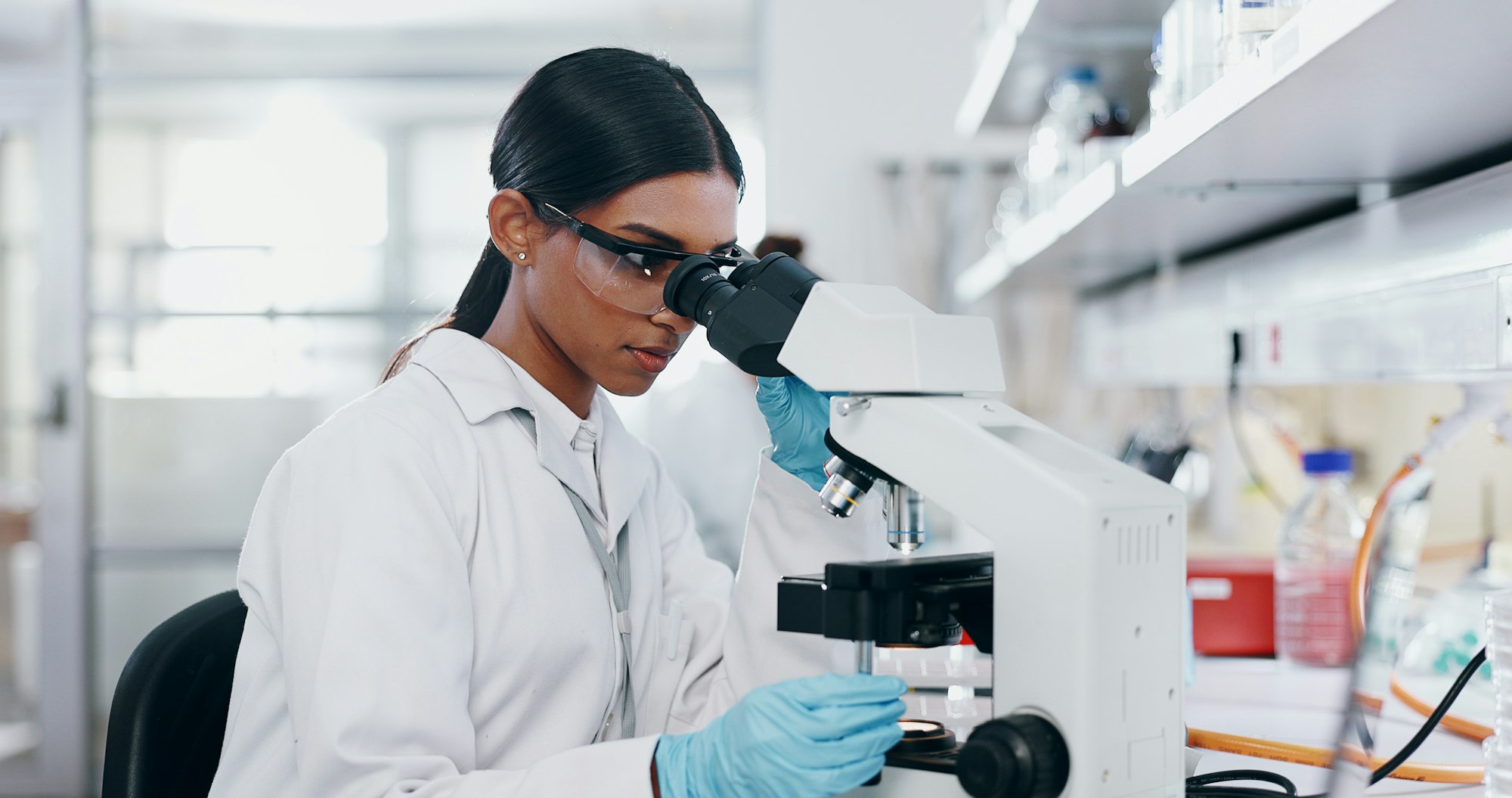Artificial intelligence (AI) is changing the way doctors fight cancer, offering new ways to create treatments that are personalized for each patient. A research team, led by Dr. Rafael Bernardi, has taken AI to the next level by combining it with simulations of how molecules behave. They’ve used this to predict where certain cancer-related proteins, like PD-L1, can be targeted. PD-L1 is a protein cancer cells use to hide from the immune system. By figuring out how to block it, they hope to make treatments like Keytruda, which boosts the immune system, work better. This discovery could make cancer treatments faster, cheaper, and more effective.

How AI is Helping Cancer Treatment Progress
Cancer researchers are looking at how AI can improve current treatments and lead to brand-new therapies. AI’s strength lies in its ability to process huge amounts of data and identify patterns that are hard to detect with traditional methods. Here are a few ways AI is making a difference:
- Personalized Treatment: AI can analyze a patient’s tumor DNA and suggest the best drugs or treatments specifically for them. This means treatments could become more personalized to the individual’s needs.
- Better Diagnosis: Machine learning (a type of AI) can look at medical images like CT scans and MRIs more precisely than current methods, potentially catching cancer early, when it’s easier to treat.
- Speeding Up Drug Discovery: Instead of taking years to test new drugs, AI can predict which drugs or combinations will work best in a much shorter time.
- Predicting How Well Treatment Will Work: AI can help doctors figure out how a patient will respond to a particular treatment, allowing them to adjust plans to avoid side effects and improve results.
- Managing Big Data: Cancer research involves tons of data, and AI can quickly sort through and analyze data from DNA, proteins, and other sources, making it easier for researchers to find new breakthroughs.
Challenges AI Faces in Cancer Treatment
While AI is full of potential, it’s not without challenges:
- Combining Data: Bringing together data from different sources, like clinical records and genetic info, is still difficult.
- Ethical Questions: Using AI in healthcare raises concerns about privacy, data security, and whether we should rely on machines for decision-making in medicine.
- Testing AI in Clinical Settings: To make sure AI works as well in real life as it does in theory, it needs to be tested through clinical trials, which can be slow and expensive.
AI is just starting to play a role in cancer treatment, but the possibilities are exciting. In the future, AI could lead to faster, more accurate, and personalized treatments, improving outcomes for cancer patients everywhere.

FAQs About AI and Cancer Treatment
1. How does AI improve cancer treatments?
AI improves cancer treatments by making them more personalized and accurate. By analyzing a patient’s unique genetic information, AI can recommend the most effective treatments tailored specifically for them. It can also analyze medical images like CT scans and MRIs with high precision to detect cancer earlier than traditional methods might allow.
2. What are the main challenges of using AI in cancer treatment?
The main challenges include integrating diverse types of data, such as genomic and clinical data, which is technically complex. There are also ethical concerns regarding patient privacy and the security of the data used. Additionally, proving that AI applications are effective in real-world clinical settings requires extensive and costly clinical trials.
3. Can AI replace doctors in diagnosing and treating cancer?
No, AI cannot replace doctors. Its role is to support and enhance the work of medical professionals by providing them with more precise data and predictions. Doctors are crucial for interpreting AI’s insights within the broader context of a patient’s health and making the final decisions on the best courses of treatment.
Sources Earth.com



Your article helped me a lot, is there any more related content? Thanks!